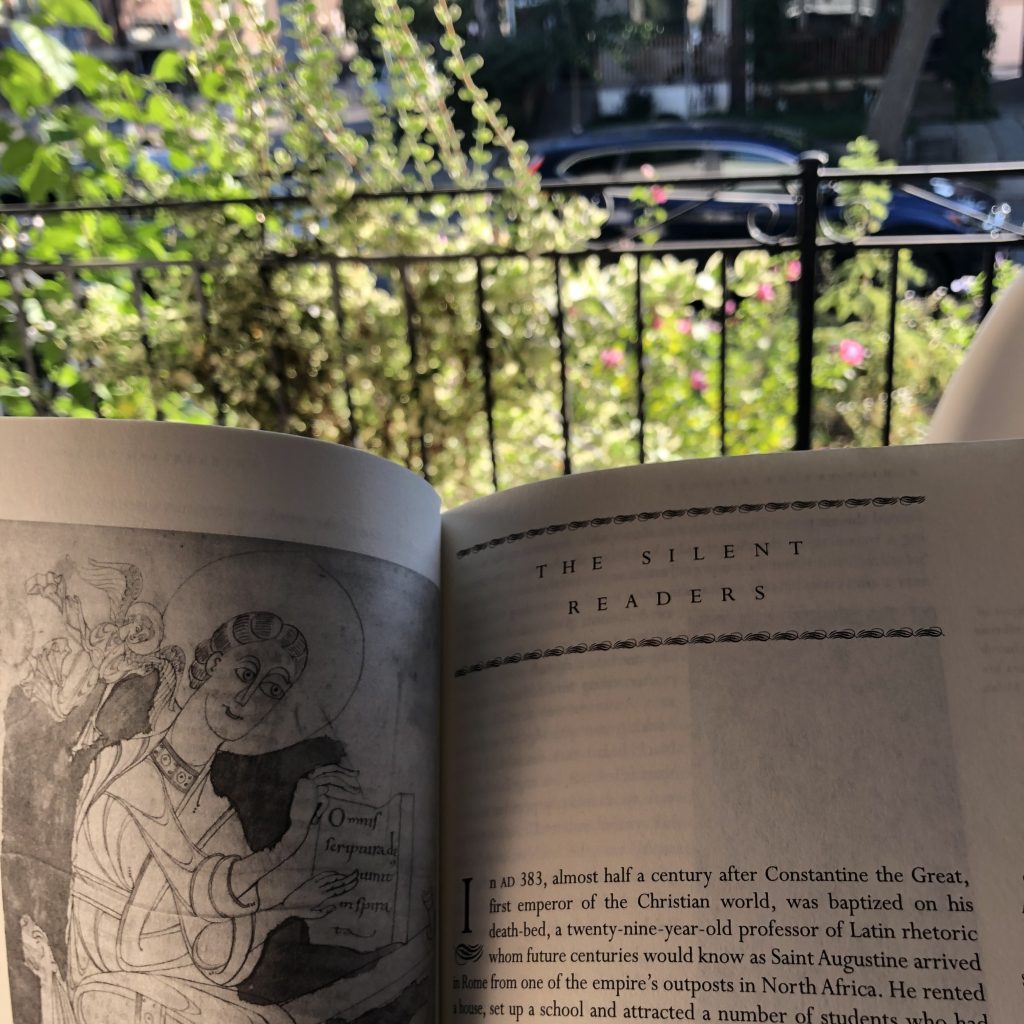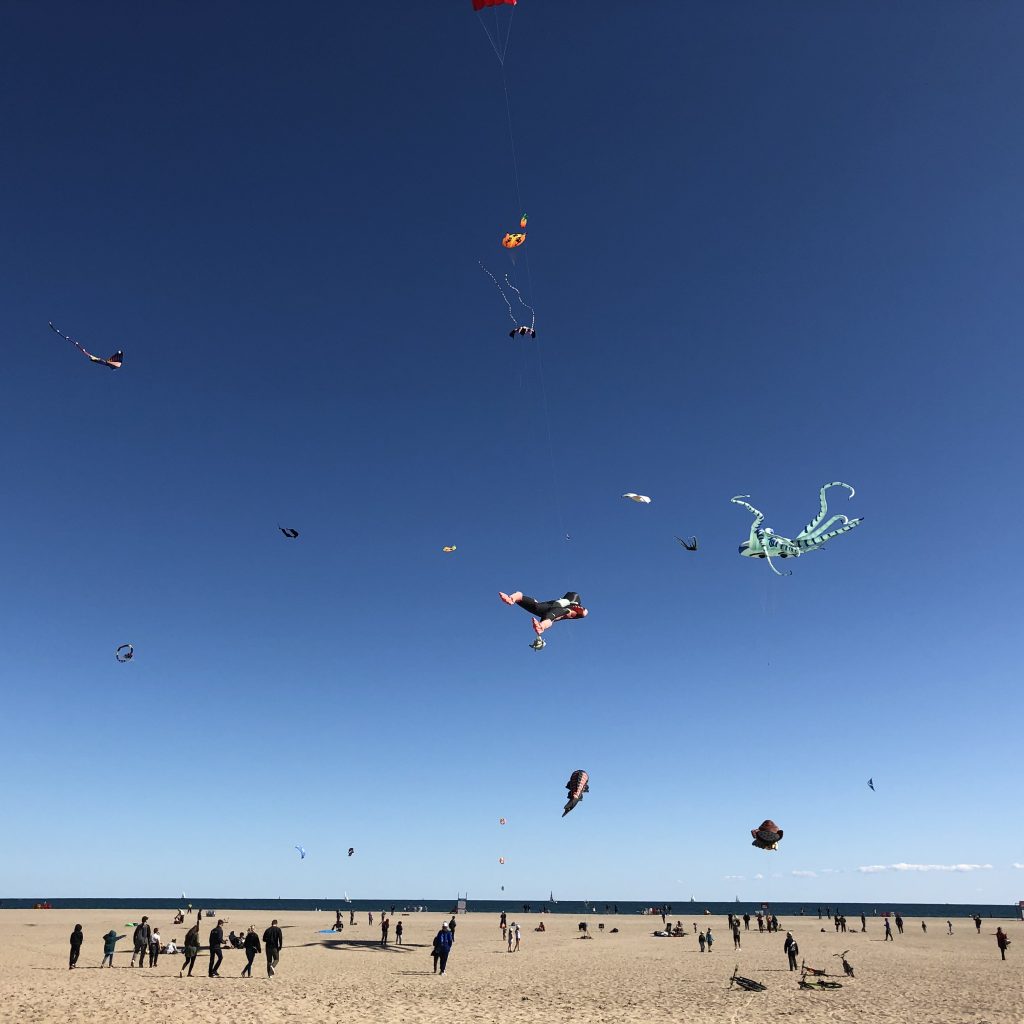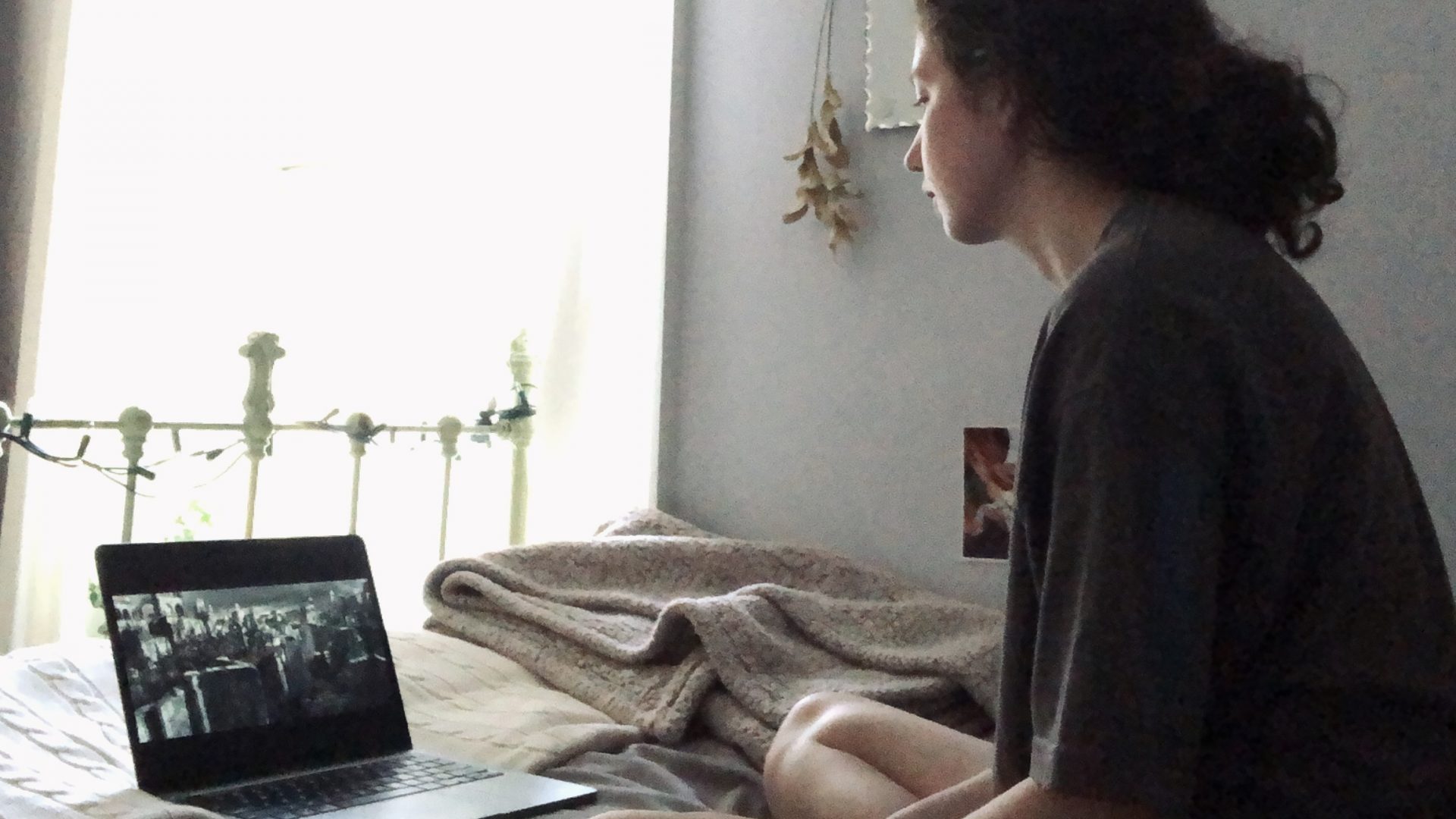We are lucky to have screens and that many parts of our lives can be adapted to the virtual net, however, I’ve noticed that my eyes often feel strained and I have become more exhausted due to working on a screen all day. Since classes and almost all my readings are online I can’t really limit my screen time as much as I want to. But, with that being said here’s some ways that I’ve tried to handle the eye exhaustion I’ve been experiencing:
1. 20 minute--20 second break system
This method works well for studying. I set a timer for every 20 minutes and then I look away from the screen for 20 seconds in order to rest my eyes. I’ve found that this can be quite useful for absorbing the material in readings as well.
2. Start and end the day without a screen
I still haven't cracked down on my night screen time, but I’ve been reading on the front porch for an hour each morning. Yes, it is a book I need to read for class, but since it's not on a screen I don’t feel as tired so early in the day.

3. 10 jumping jacks
When I’m feeling exhausted, too energetic to focus, or if I feel a headache coming on I just stand up and do 10 quick jumping jacks. It really does help!
4. Text-to-Speech
I like to let my computer read aloud. The voice can be robotic at times but it means I don’t need to be staring at the screen for so long, and I usually get through the readings faster because my brain wanders less.
5. Tea bags
This trick helps physically soothe the eyes. I put two used tea bags in the fridge and then lay with them on my eyes for 15 minutes. It helps with stinging and puffiness (and apparently also dark circles) but more importantly, it’s relaxing.
6. Schedule screen-free tasks
Every evening I spend about an hour cooking a dinner that I will enjoy. Standing over a sizzling frypan has become an important aspect of my self-care routine. On the weekends I try to go out for longer walks, last weekend I went to the beach with a couple friends.

7. Only look when necessary
For some classes it is necessary to be looking at the screen, when it’s time for class discussion and cameras are on, or when we’re analyzing an artwork in my art history lecture, however sometimes when a professor is teaching or cameras are off there isn’t a need for me to actually be looking at the screen. Audio can often be enough, so I try to be aware of these opportunities and look away from the screen.
I think the most important thing is that I let my eyes take a break. There are in fact enough hours in the day to take some time off and being aware of this can really help.
If you have any tips on how to deal with eye tiredness I would love to hear about them!

Great article! Another thing that helps me personally when looking at screens for a long time (especially at night) is to switch the brightness settings to reader/night mode, this will create a warmer tone in the screen so it’s less stress on the eyes as it decreases the amount of blue light